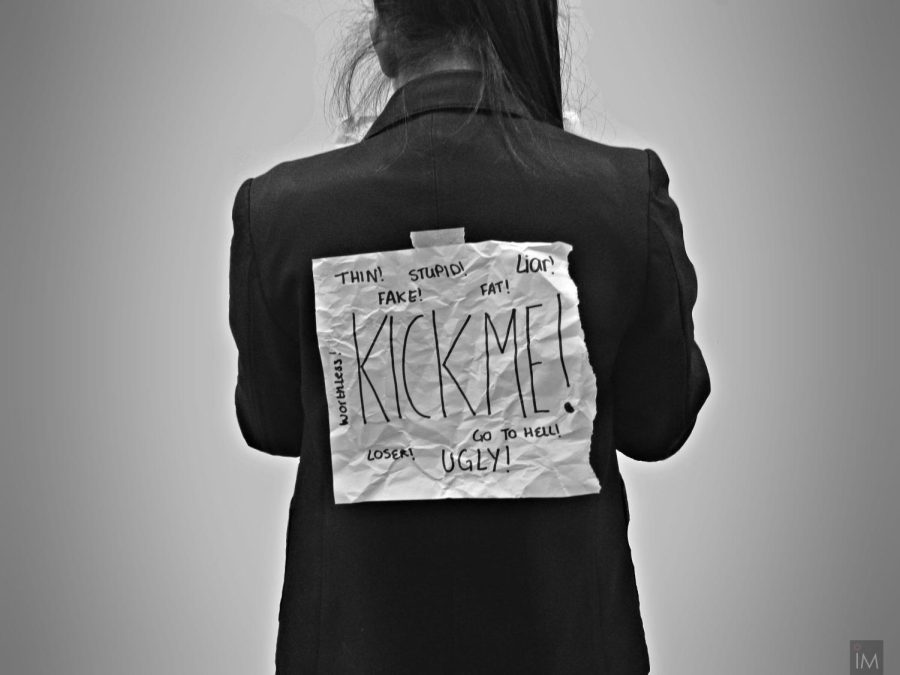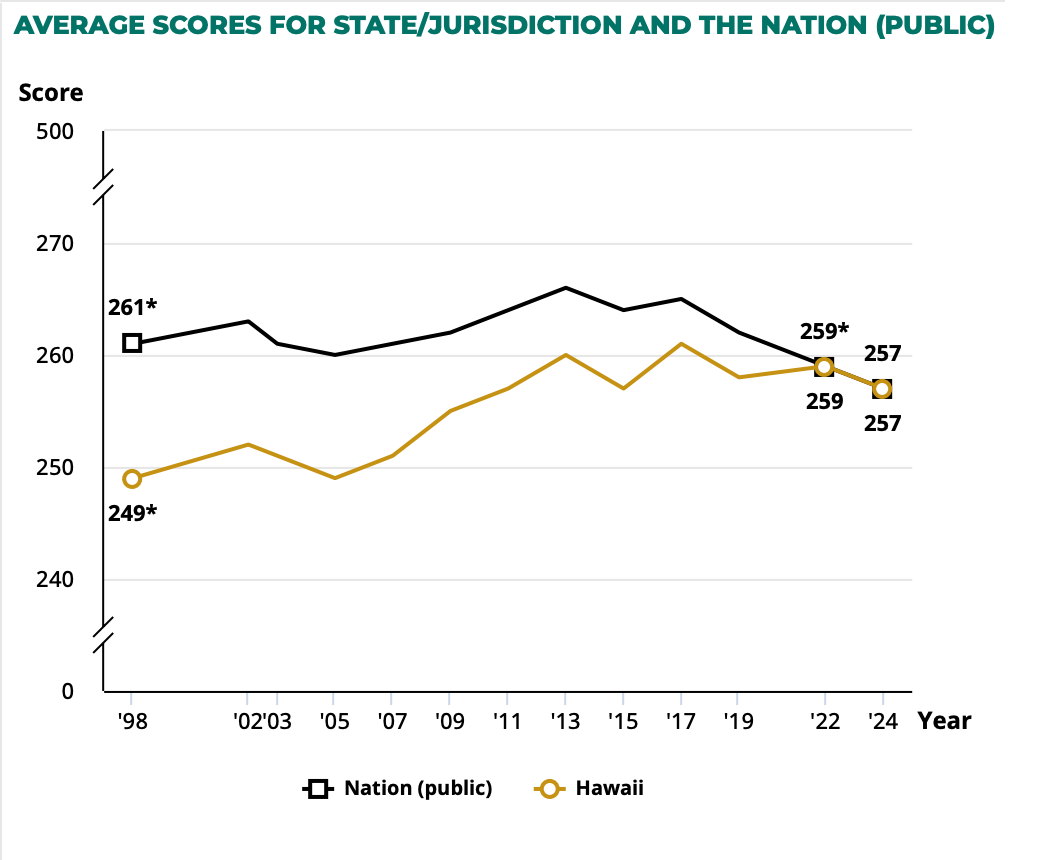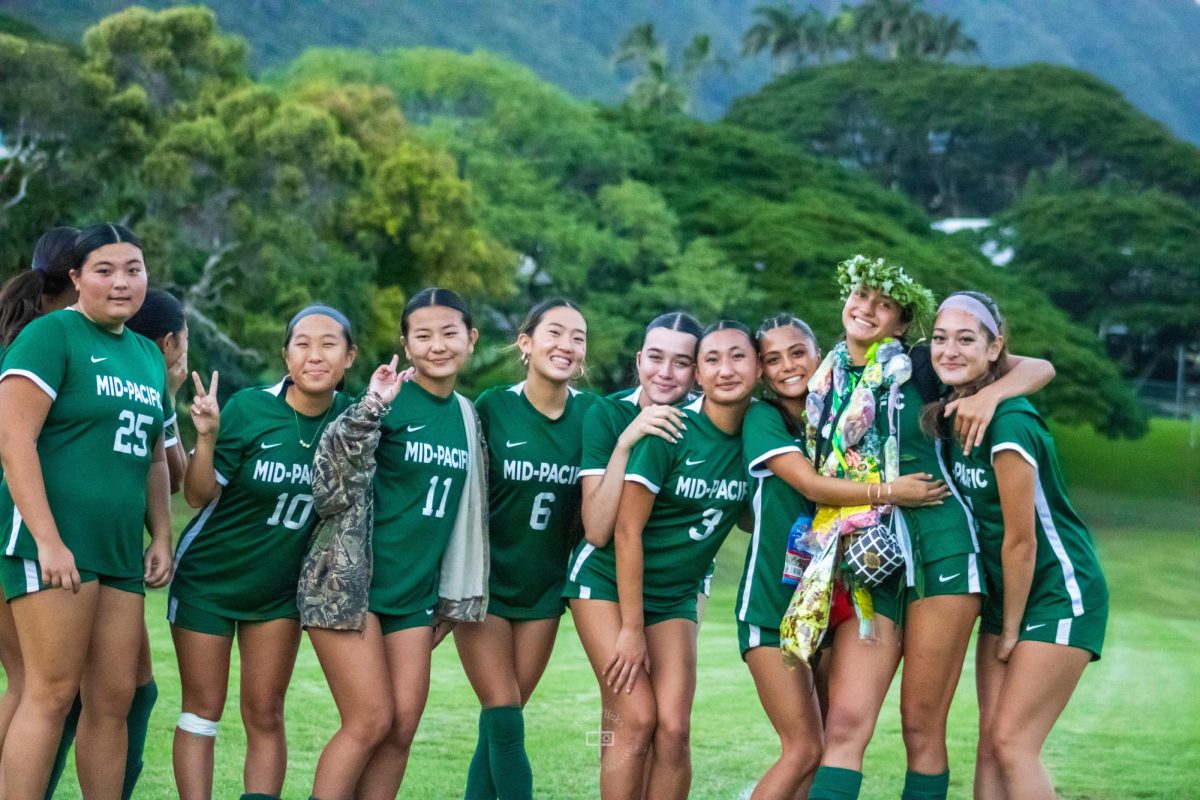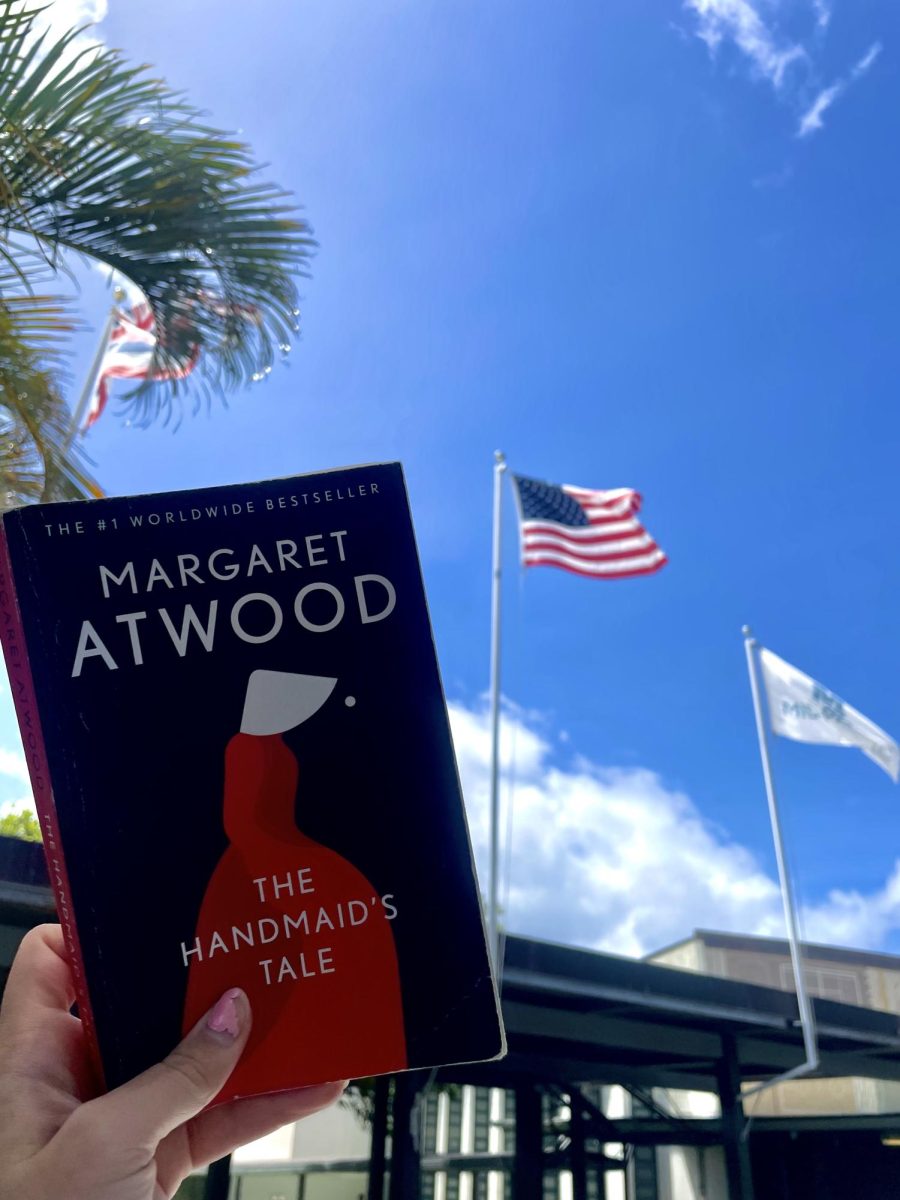Bullying
April 18, 2023
Bullying is an unfortunate right of passage for many high school students, and it appears that Mid-Pacific has caught this disease.
“I feel like there is minimal bullying, but there [definitely] is some here and there. There are some instances where I feel or see some people being bullied, but nothing too major,” senior Kai Tokumaru said.
Although students and faculty don’t hear or see much bullying, a lot can happen behind the scenes.
Assistant Principal Rebecca Hodge agrees that there is bullying on campus, but is dedicated to her job of making sure the students are physically, emotionally, and mentally okay so they are able to have a better learning experience.
“I don’t think it’s always malicious when bullying, I think it’s ignorant. Students don’t see how actions affect other students and that it’s okay; they don’t look at the receiving end of the student,” Hodge said.
Junior Yuki Nagashima shared her experiences of her classmates talking behind her back and leaving her out.
“I don’t think it’s necessary to taunt other students because of their personality or appearance to be liked by people. I believe having just one ally is enough,” Nagashima said.
Sixth-grade Dean Lisa Mah said the campus has more verbal or emotional mistreatment than physical pushing or fighting.
“However,” Mah said, “As kids get older, they might test boundaries because they’re more brave and risk-taking.”
From a survey of students at this school, most of the students reported that gossiping occurs the most among other ways of mistreatment. In addition, there are populations of students from each grade who get teased and made fun of often.
“I feel that gossiping is one way of mistreatment that I think happens the most on campus since there are many different friend groups. Within friend groups there is gossip and it can even be about people within it,” Tokumaru said. “It even happens within my friend group sometimes.”
In regards to which issues are the most common, Hodge explains how gender and sexual identity cases come to her desk the most.
“A handful of students feel like they aren’t included and a lot of bullying happens when teachers aren’t present when there is no guidance or restrictions. Incidents frequently happen in the bathrooms, when someone is not looking over the students,” Hodge said.
Kids who are bullied are more likely to experience depression and anxiety or increased feelings of sadness or loneliness, health complaints, and decreased academic achievement.
“My friends and I myself have experienced a lot of mistreatment that affected both of our personal lives. Some things that the bullies did continuously were making fun of my friends, body shaming and stressing societal pressures,” senior Zoe-Porlas Silva said.
Upon any violations of the school rules, Mid-Pacific reaches out to the students involved, their parents, and in some cases certain teachers to conduct disciplinary measures which includes an email or phone call home, a discussion with their dean, and in some cases counseling or penalty work.
“Conversation is one step, but it won’t change the world. When the dean finds out, they do research and facts finding. We make sure the bullied gets the support they need to feel safe whether it’s counseling, etc” Hodge said.
The Mid-Pacific handbook states that all students must show respect for others and oneself and having a generosity of spirit and human kindness are core values of Mid-Pacific. Therefore, bullying in any form, including cyber-bullying, has no place in our community.
“I think if people hurt someone’s feelings purposely, it’s considered bullying. I think it’s good to apologize or talk it over properly. Even if someone hurts another person unintentionally, I don’t consider it bullying, but rather an opportunity to become closer to the person you hurt and improve relationships,” Nagashima said.
Traditions like bullying are hard to eliminate.
“I’m annoyed that we’re not past this. It questions me why people continue to hurt others especially because this generation is all about inclusivity,” Porlas-Silva said.







